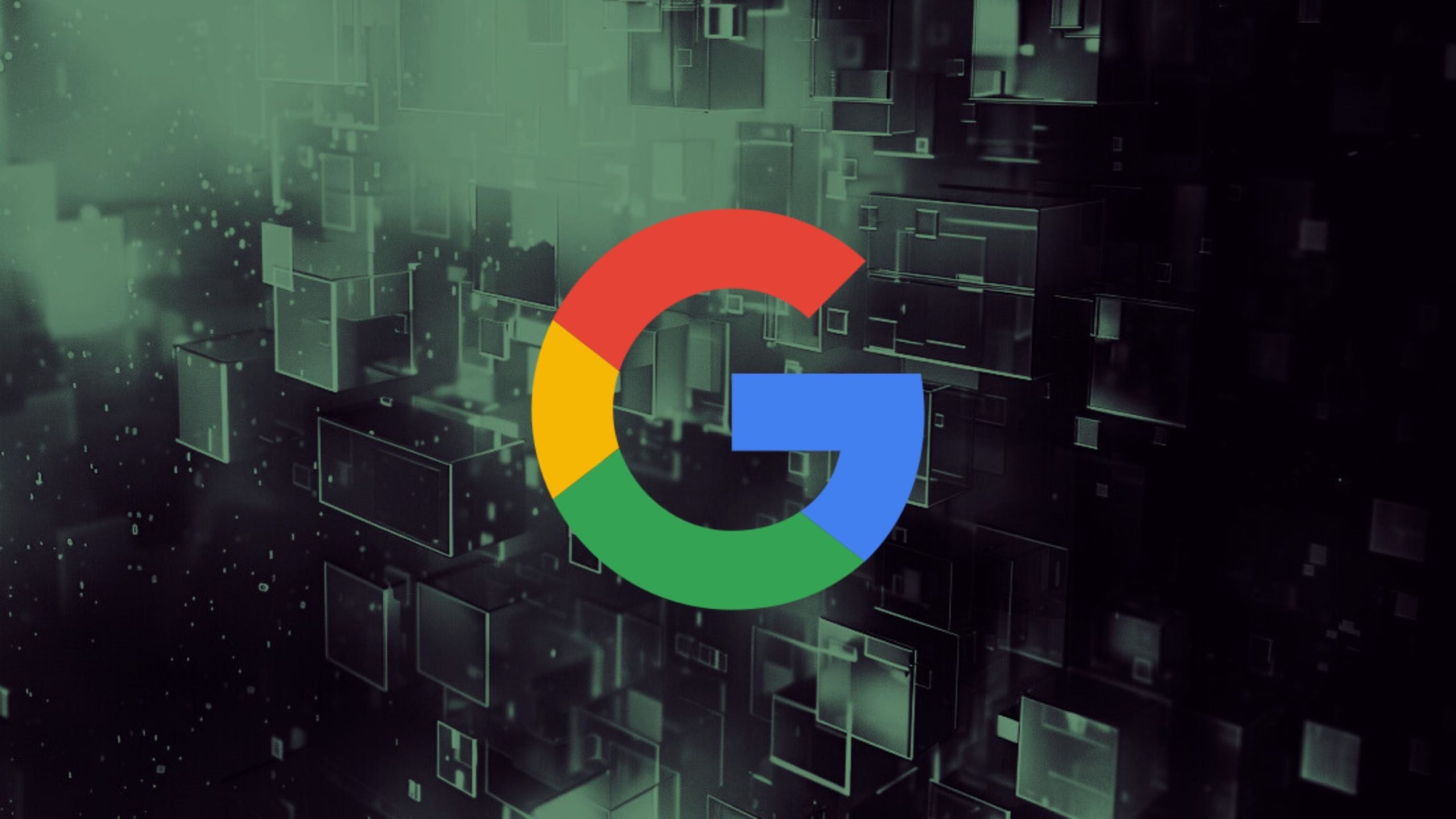It’s remedy season in the DC antitrust circus, and Google is back under the federal magnifying glass, twitching like a kid with a guilty conscience and a browser history to hide. The Justice Department has now entered the part of its case where the talk gets less abstract and more surgical; cutting tools, structural remedies, divestitures, bloodletting. And they’ve got Alphabet in their crosshairs.
This week, the government’s lawyers turned their attention to a fresh boogeyman: artificial intelligence. As if the idea of a company that already owns the rails of search, browsers, operating systems, and half the ad economy wasn’t quite threatening enough, DOJ attorney David Dahlquist warned that Google is now stapling AI to its empire like a new wing on a haunted mansion.
“This court’s remedy should be forward-looking and not ignore what is on the horizon,” he warned.
Meaning: don’t let the same monopoly that buried search competition in the backyard get a head start programming your toaster’s thoughts.
According to the DOJ, Google isn’t only hoarding search data anymore. It’s feeding that information to the algorithmic gods to build out AI systems that could end up shaping everything from your morning newsfeed to your existential crises. Dahlquist told the court that testimony from OpenAI and Perplexity execs would show how Google’s death grip on search is already distorting the AI ecosystem.
This is sort of like asking a couple of kids how they feel about the school bully cornering the milk market, only the milk is now a self-aware predictive model and the cafeteria is the internet.
Meanwhile, Judge Amit Mehta, who already ruled last year that yes, Google did in fact monopolize the search market like a dragon hoards gold; is now mulling over what kind of justice fits a trillion-dollar delinquent. The DOJ has proposed a few modest suggestions: break up Chrome, neuter Google’s sweetheart deals with Apple and AT&T, hand over valuable search data like it’s candy at a deposition, and if none of that works? Maybe just rip out Android by the roots and see what grows back.
Naturally, Wall Street heard the word “breakup” and did what it always does: panic sold like the DOJ was launching missiles. Alphabet shares dropped 3% on Monday, a gentle premonition of what happens when the legal system finally remembers it has teeth.
Google, for its part, responded with all the solemnity of a wounded priest accused of embezzling holy water. In a corporate blog post that read like it was ghostwritten by a nervous intern, regulatory VP Lee-Anne Mulholland warned that dismantling Chrome and Android could destabilize global internet infrastructure and hand a cyber victory to America’s “foreign adversaries.”
“When it comes to antitrust remedies, the US Supreme Court has said that ‘caution is key,’” Mulholland wrote. “DOJ’s proposal throws that caution to the wind.”
It’s not clear which is more ridiculous: the idea that uninstalling Chrome is a threat to national security, or the fact that Google now wants to be taken seriously as a geopolitical asset instead of a data-vacuuming ad machine with a glossy UI.
To be fair, they’ve been laying the groundwork for this martyr complex for years. Reports suggest Google tried to strike a deal with the Trump-era DOJ, hoping to water down the antitrust charges before they could bloom into full-blown decapitation attempts. That strategy seems to have aged like yogurt.
Outside the courtroom, DOJ antitrust boss Gail Slater was practically doing backflips.
“The case to break up Google has unified our nation,” she said as if she were announcing the end of a civil war. “There is a bipartisan consensus that strong antitrust enforcement against Big Tech is sorely needed.”
Then, with all the subtlety of a campaign ad, she shot down Google’s panic rhetoric about national security:
“You know what is dangerous? The threat Google presents to our freedom of speech, to our freedom of thought, to free American digital markets. You know what is irresponsible? Leaving Google’s monopoly abuse unaddressed.”
Strong words from a government that usually needs a committee to name a sandwich. But Slater seems to have found the DOJ’s spine, and she’s waving it like a saber.
This all comes after another federal court declared Google guilty of a double-dip monopoly in digital advertising. That case, too, comes with a potential breakup as the prize at the bottom of the cereal box.
The judge will hear final arguments in late May, and by August, Google may finally learn whether the feds plan to cut off a limb or just tighten the shackles. Either way, the message is finally clear: If you spend two decades building a tech empire on exclusive deals, opaque algorithms, and a data monopoly, eventually someone might notice. Even in Washington.
In the meantime, Google’s PR team will keep screaming that every line of code is sacred and that breaking up Chrome is the equivalent of burning the Constitution.










